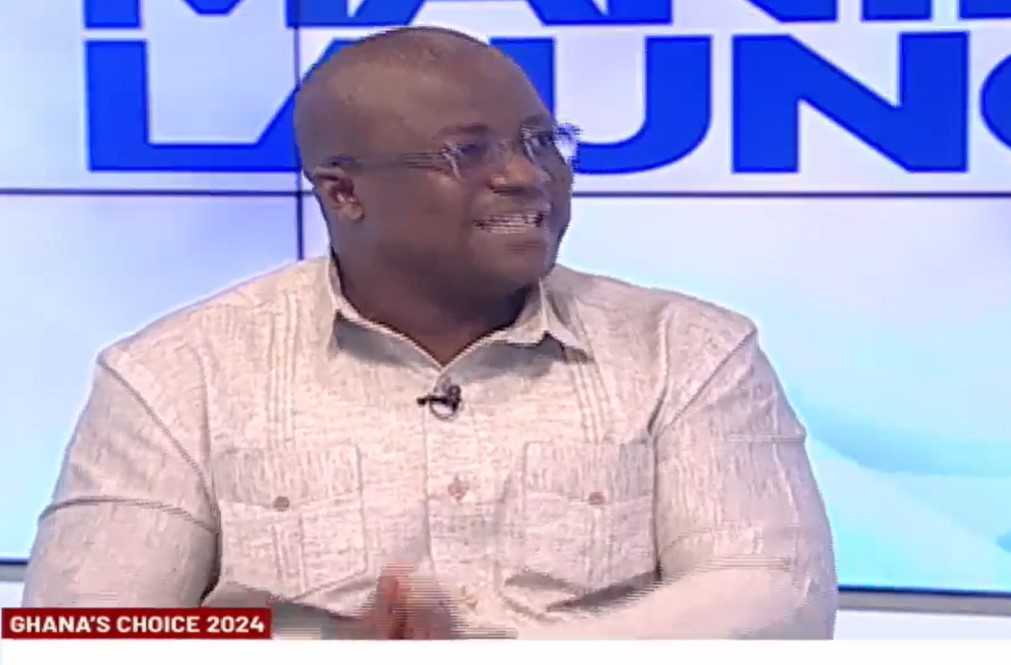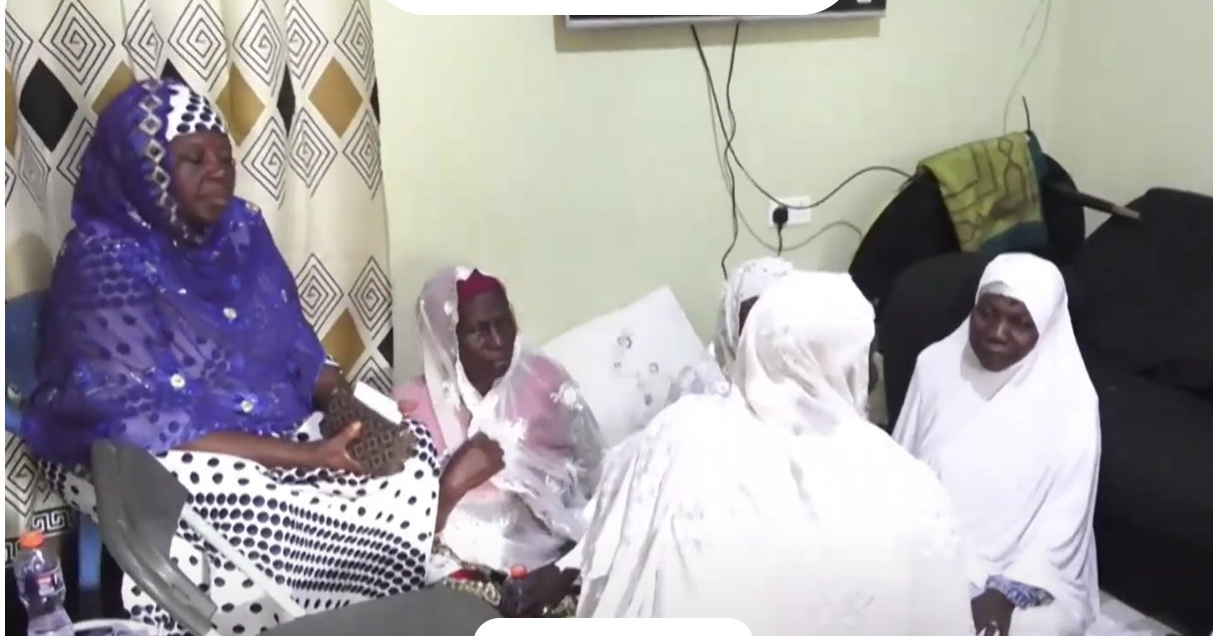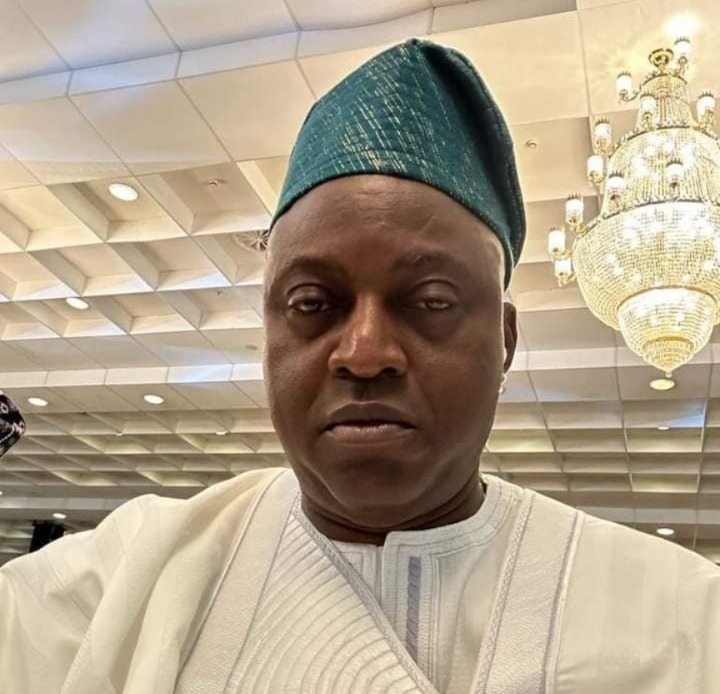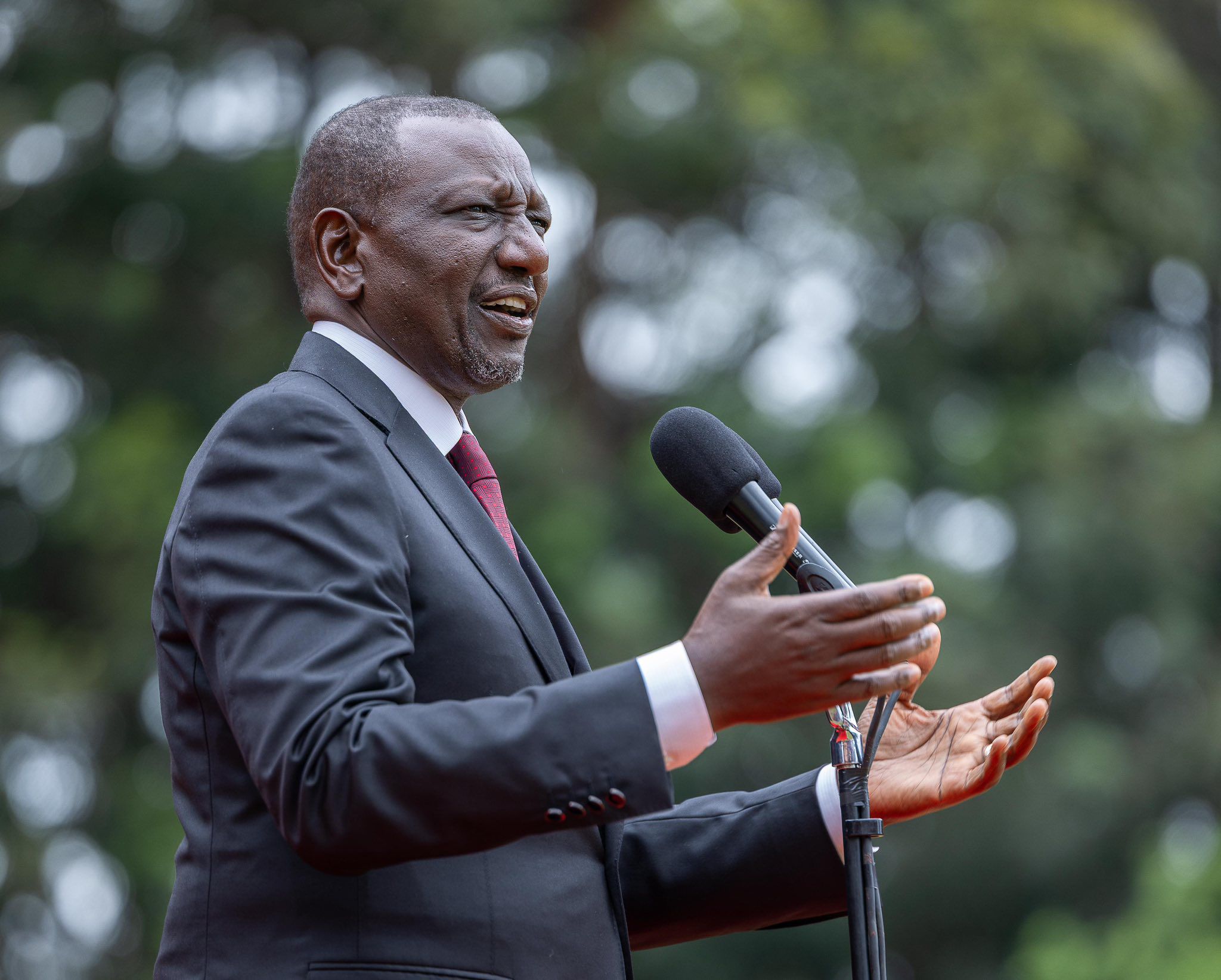Ghana's 24-Hour Economy Policy Discussion

Ghana's President John Mahama's government officially launched its highly anticipated 24-Hour Economy Initiative on July 2, 2025, with the core promise of fostering continuous production, creating jobs, and expanding overall economic activity. This ambitious program, valued at $4 billion and targeting 1.7 million jobs through eight subprograms like Grow24 (agriculture) and Make24 (manufacturing), is supported by $300-$400 million in state seed funding and aims to integrate round-the-clock productivity across export-focused value chains.
However, experts caution that the success of such an initiative hinges on deep financial engineering, not merely extended shifts. Kokroko Kwasi Kokuro Oppong-Agyare, a financial markets strategist with 25 years of experience, emphasizes that a 24-hour economy necessitates a structural redesign of capital flows, export mechanisms, foreign exchange (FX) defenses, and productivity models. He draws parallels with global leaders, highlighting Germany's capital productivity model underpinned by long-term capital and export credit guarantees, China's liquidity control through directed central bank funding and managed currency valuations, and Japan's reliance on technology multipliers like automation and supply chain integration.
For Ghana, this translates into specific applications: the Development Bank Ghana (DBG) must structure sector-specific, long-tenor financing for industries like agro-processing, mineral refining, and pharmaceuticals, with export-backed project guarantees. To prevent inflation and cedi volatility, Ghana's strategy demands targeted cedi liquidity for FX-earning sectors such as cocoa, gold, oil, and agro-exports, alongside export-linked infrastructure financing through revenue-backed bonds. Investment in agro-logistics technology, FX stabilization funds, and derivatives are crucial for sustainable operations and managing cedi volatility.
The initiative has sparked significant public discussion. National Petroleum Authority CEO Dr. Godwin Edudzi Tameklo confirmed extensive stakeholder consultations with civil society groups and businesses prior to the launch, countering claims of partisan exclusivity. He defended the policy as an economic expansion tool designed to create jobs beyond political cycles. Conversely, University of Ghana political scientist Dr. Joshua Zaato warned that the initiative, if perceived as partisan, risks abandonment. University of Ghana finance professor Godfred Bokpin, while endorsing the policy's value-addition ambitions, strongly opposed the establishment of a costly new implementation authority, arguing that existing institutions like the Finance Ministry can monitor fiscal aspects efficiently. He also urged a reevaluation of the policy's projected GHC4 billion price tag to ensure cost containment.
Private lawyer Martin Kpebu reiterated calls for transparent implementation, proposing regular progress reports from the 24-Hour Economy Secretariat and praising renewable energy incentives, such as import duty waivers, as a 'masterstroke' for reducing oil dependency. The debate unfolds amid improving economic conditions, with recent June data showing local inflation cooling faster than import inflation, which could potentially ease operational costs for enterprises adopting round-the-clock activities.
Ultimately, financial architecture defines the success of Ghana’s 24-Hour Economy. True structural success depends on export-linked infrastructure financed by revenue-backed instruments, selective liquidity deployment to sectors with FX potential, a capital productivity focus ensuring increased returns on invested capital per hour, robust FX risk management, and technology integration to offset labor constraints. Without these foundational elements, the initiative risks inflationary pressure, cedi depreciation, and unproductive capital deployment. With disciplined execution rooted in deep financial blueprints, Ghana can convert longer operational cycles into tangible wealth, measured in strengthened FX reserves, export expansion, and improved living standards. The real test is whether Ghana’s financial system is prepared for this challenge.










